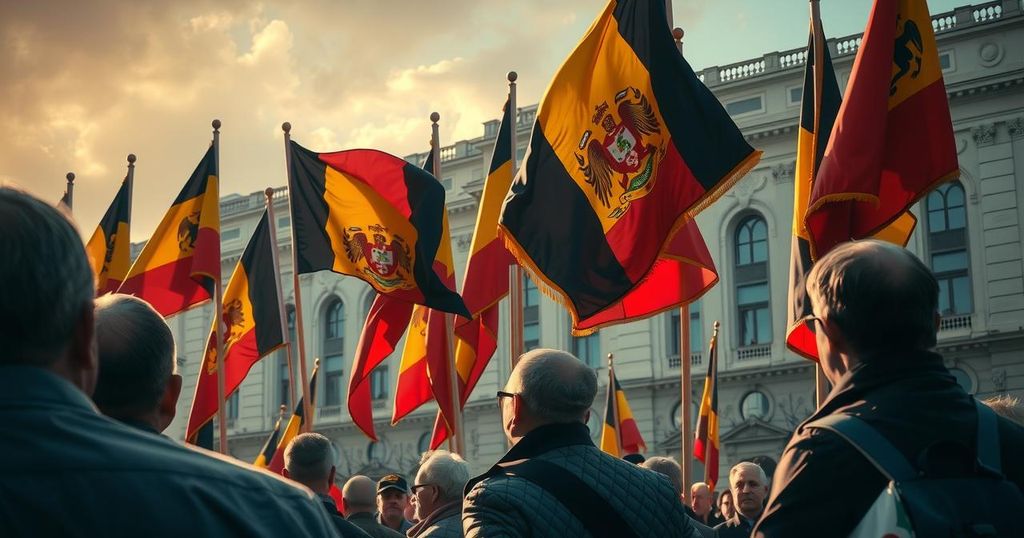Romania’s Election Annulment Sparks Concerns Over Democratic Integrity

Romania annulled its presidential election after a pro-Moscow candidate won, prompting mixed reactions from Western observers and criticism from Russian officials. This decision raises serious concerns regarding the integrity of democratic processes, especially as it came just days before a runoff vote.
Romania’s recent decision to annul the first round of its presidential election, in which a Moscow-affiliated ultranationalist candidate emerged victoriously, has triggered a complex debate regarding the health of democracy in the nation. While Western observers have celebrated this move as a corrective measure, it has inadvertently provided Russia a narrative that undermines faith in democratic processes. Commentary from Russian officials and public figures, including Foreign Minister Sergei Lavrov and entrepreneur Elon Musk, has scrutinized Romania’s actions, suggesting a possible double standard in upholding democratic principles. The court’s ruling, which came just days before a runoff vote, raises critical questions about the legitimacy of reversing voter decisions partway through an electoral process. Furthermore, as Romania navigates its electoral challenges, the implications for its international reputation and the perception of Western democratic values loom large.
The annulment of Romania’s presidential election results marked a significant political event, illustrating the contentious intersection of domestic electoral integrity and international relations. Calin Georgescu’s unexpected lead in the first round demonstrated grassroots support for ultranationalist sentiments within Romania. With his success viewed unfavorably in Western circles, the court’s intervention has drawn parallels to concerns about democratic backsliding and has been seized upon by Russian commentators to critique Western credibility in democracy promotion. Romania’s actions thus not only affect its domestic political landscape but also resonate on a broader geopolitical stage, potentially impacting perceptions of democratic practices in Eastern Europe.
In summary, the annulment of the presidential election in Romania serves not only as a pivotal moment for its democracy but also highlights the complexities of electoral legitimacy under pressure. The reactions from Russian officials and influential figures reflect a broader dialogue on the perceived integrity of democratic processes, which could influence Romania’s international standing. As Romania prepares for a new election, the outcome will be critical in reaffirming or challenging the assumptions surrounding its commitment to democratic ideals and its resilience against external critique.
Original Source: www.nytimes.com








